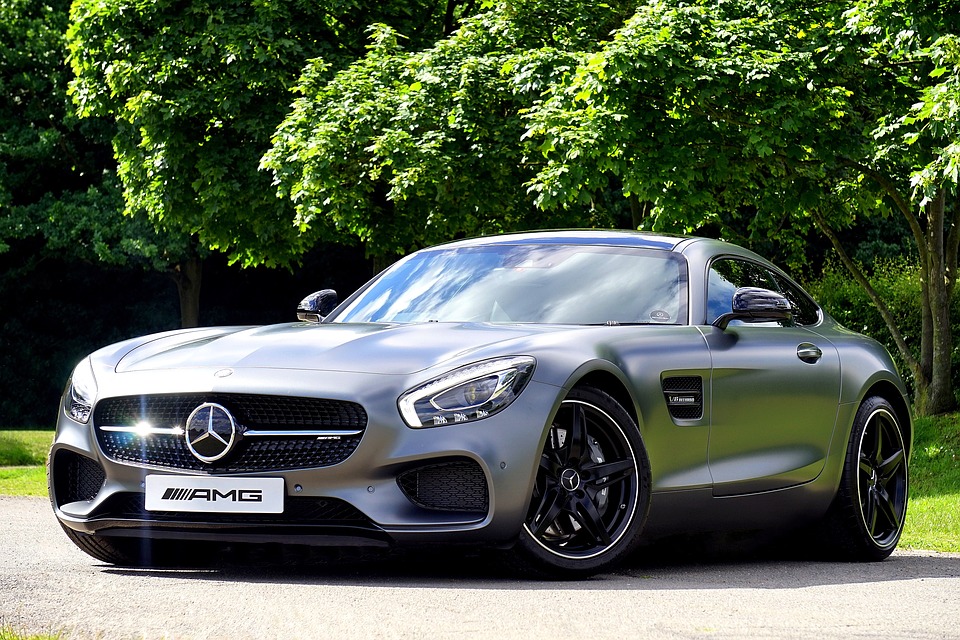
A sports car, a monitor monster that is carbon-veined, is dreadful at things. It does not lend itself it is crap on a Costco run and in the truck-crazy civilization of today, it is so low that the motorist can not watch anything but these SUVs’ bumpers.
And that is to say nothing of the drawbacks. There is the astronomical cost of buying one (and keeping it running) and their inclination to create a driver seems somewhat cheesy unless managed carefully.
Earnings in the department have declined for the last six quarters. Almost one-third of top sports automobile purchases this past year. This season, the trend is accelerating.
Will sports cars perish? Obviously. Finally, the individuals burning dinosaurs and shredding tires is going to be the group of amateurs on tracks, where they’re dropped off from the fleet of robot automobiles that are anodyne that the rest. But this day is still a ways off.
The skid from the sports car market is interesting and a lot more nuanced than radar. It’s being fueled a redefinition of curb appeal by ends in the consumer mind and the gamesmanship of automobile executives.
That said, the sports car will not die. Decades from now, Porsche will offer. Automobile companies keep making these rate pods to burnish their own brands if earnings continue to swoon. Lyman in TrueCar believes the use of those vehicles is to communicate credibility. “It is a psychological thing,” he explained. “I speak to plenty of individuals, and nobody ever asks me what is the SUV with the most freight capacity; they inquire about rate.”
In ways, the future of the sports car boils down to semantics. Based upon your definition, you will find more of them at the moment than there ever have been. They seem a little different than they used to, push a good deal better, and cost a whole lot less.



